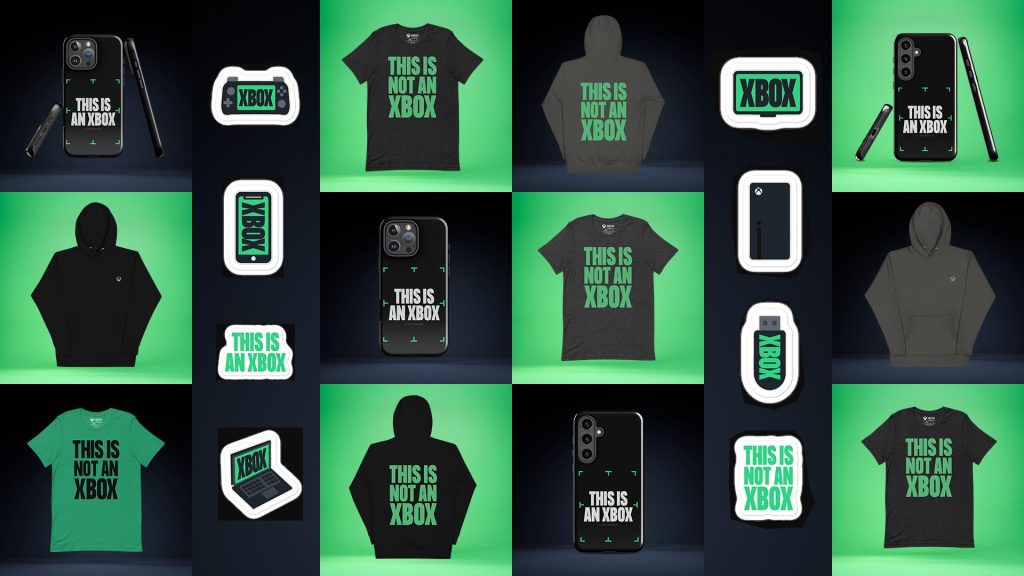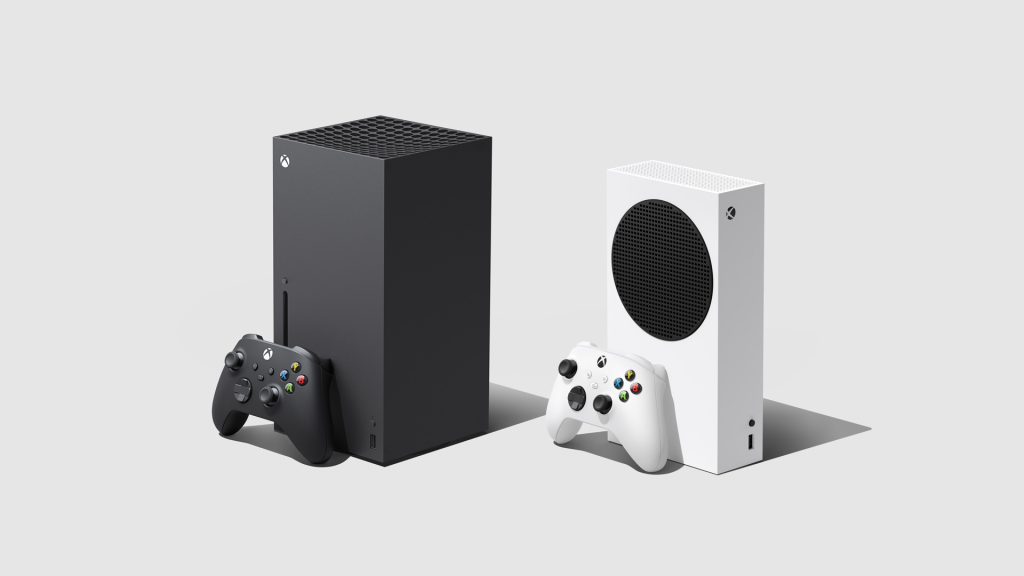Over the past year, Xbox has completely shifted its marketing philosophy from exclusivity to being inclusive, embracing the approach with a “This is an Xbox” tagline. The company is now focused on making its games accessible to the entire gaming community, whether they are using its hardware or not.

While Phil Spencer has mentioned time and time again, the signs are suggesting that the company will be following Sega’s footsteps and abandoning hardware. This has raised concerns among the company’s hardware enthusiasts. Even Shawn Layden weighed in on this approach recently.

Under the leadership of Phil Spencer, Microsoft has increasingly focused on expanding its gaming ecosystem across multiple platforms. The Xbox Game Pass subscription service is available on Xbox consoles, PC, and even on mobile devices through cloud gaming.
Additionally, Xbox has made significant strides in bringing its games to other consoles, releasing many exclusive titles to other consoles like PlayStation, which includes big titles like Indiana Jones and the Great Circle.
By diversifying its portfolio and providing access to its games across multiple platforms, the company is slowly reducing the emphasis on its hardware while building a gaming ecosystem that transcends the console itself.
The biggest question players have been asking is whether the company will sacrifice its console hardware. While Shawn Leyden didn’t explicitly predict that it would abandon its consoles, he pointed out that Microsoft’s current strategy seems to be heading in that direction.
He compared Microsoft’s strategy to Sega’s, explaining that it also began bringing its popular Dreamcast titles to rival platforms, when its hardware began to lose ground, including Sony’s PS2. He noted in an interview with KiwiTalkz on YouTube.
Then Sega became a software-only company and has been a great transformation, in that respect, to be honest. They are doing great. So it does have historical precedence.
This marked the beginning of a dramatic shift for Sega, which transitioned from being a hardware manufacturer to a software-only company. This is one of the possibilities for Xbox as well.
A multi-platform approach could prove beneficial/profitable for Xbox in several ways. First and foremost, it would allow the company to reach a larger audience, including players who may not be interested in purchasing an Xbox console.

With the company seeking to be present everywhere, from Nintendo to smart TVs, it is positioning itself to engage with larger audiences. This could also help Microsoft tap into the massive and rapidly growing mobile gaming market, as well as broaden the reach of services like Game Pass.
However, there are also challenges to consider. The primary one is that by shifting focus away from consoles, Microsoft risks alienating its loyal fan base, who have been supporting it for years.
Additionally, without the exclusivity of consoles, the company may struggle to generate a sense of “FOMO” (fear of missing out) that drives players to choose Xbox over other platforms, essentially reducing its own hardware sales.
In the end, whether or not the company will fully abandon its console remains to be seen, but this shift in approach will be a topic of conversation for years to come.
However, one thing is for sure: the future of gaming is changing, and Xbox’s vision of a multi-platform world could be a productive approach. What do you think about this approach of multi-platform approach? Share your thoughts with us in the comment section below.
#Xbox #Segas #Successful #Multiplatform #Approach #Require #Console #Sacrifice


